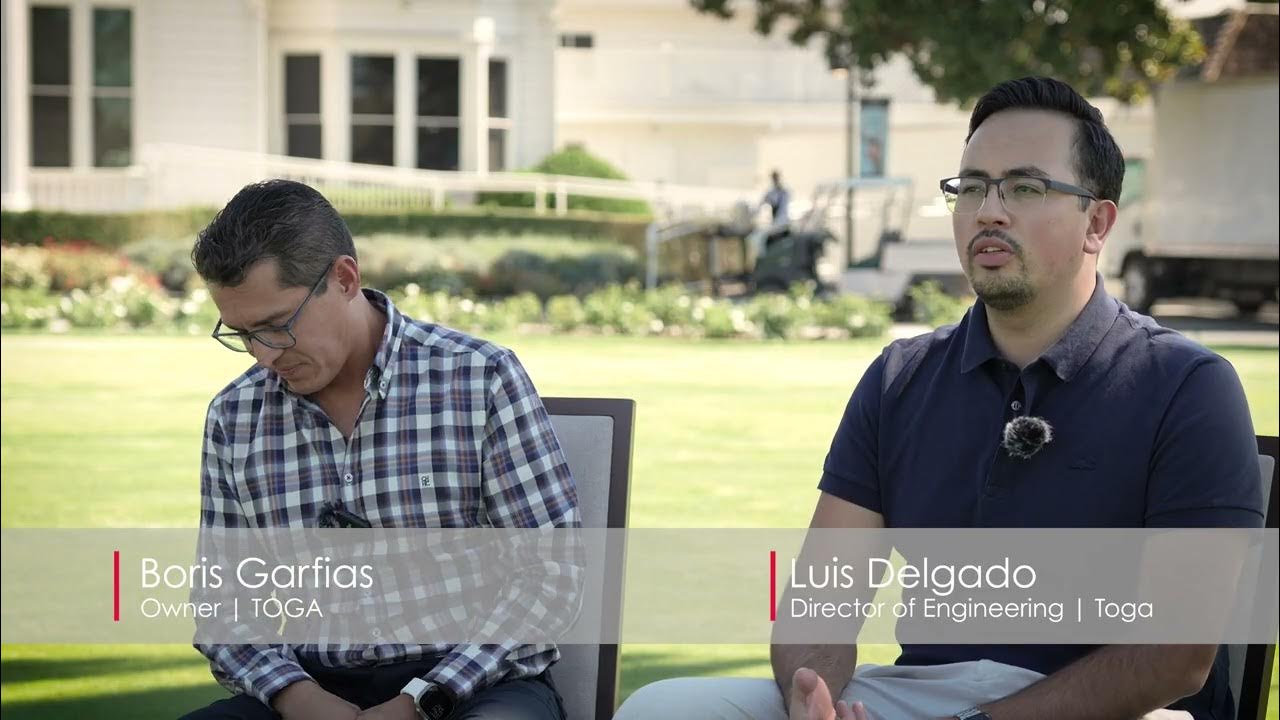Philippine jeepneys face uncertain future | AFP
Summary
TLDRThe speaker reflects on the challenges faced by their company, Cal Motors, which has been making Jeeps by hand since the 1950s. Despite a loyal customer base, concerns have arisen due to a new program that could render new Jeep investments obsolete, leading to doubts about long-term viability. Additionally, the company struggles to compete with mass-produced imports, as their production is still manual and slower. This impacts their ability to match the scale and efficiency of automated competitors.
Takeaways
- 😔 The company is experiencing a significant challenge due to changes in customer purchasing behavior.
- 🏛️ Customers have been loyal since the 1950s, especially when purchasing Jeep vehicles to expand their fleet.
- 😟 There is growing concern among customers about investing in new Jeeps, as they fear the vehicles might become obsolete soon.
- 🕰️ If the Jeep model gets phased out, customers fear it would lead to a wasted investment over time.
- 💼 The company is facing stiff competition from import manufacturers who can produce vehicles much faster due to automation.
- 🏭 Imported vehicles are mass-produced at a rate of 10 units per day, whereas this company relies on manual production methods.
- 🔧 Despite modern trends, Cal Motors has continued to produce vehicles by hand since the 1950s.
- ⚠️ The new production challenges are causing hesitation among potential buyers.
- 📉 The company is struggling to compete with the efficiency and speed of imported vehicle production.
- 🤔 The future of Cal Motors is uncertain due to the evolving market and production demands.
Q & A
What is the concern mentioned about purchasing new Jeeps?
-Customers are worried that if they purchase new Jeeps, they may not be able to use them in the long term because the vehicles might get phased out or replaced, making it a wasted investment.
Why is there fear among customers about purchasing new Jeeps?
-Customers fear that due to potential phasing out of certain Jeep models, their investment may become obsolete in a few years, leading to financial loss.
How long have some customers been purchasing Jeeps?
-Some customers have been purchasing Jeeps since the 1950s.
What is the main advantage that imported vehicles have over local production?
-Imported vehicles benefit from mass production with fully automated systems, allowing them to produce around 10 units a day, which makes them more competitive compared to locally produced vehicles.
How does Cal Motors produce its vehicles?
-Cal Motors produces its vehicles by hand, continuing the tradition since the 1950s.
What challenges does Cal Motors face in competing with imports?
-Cal Motors struggles to compete with imports because they rely on mass production, which is faster and more efficient due to automation, while Cal Motors still produces vehicles manually.
What are the potential consequences of phasing out Jeep models for long-time customers?
-Phasing out Jeep models could lead to wasted investments for long-time customers, as they might not be able to use the vehicles in the future, causing financial concerns.
What type of production style do imported vehicle manufacturers use?
-Imported vehicle manufacturers use mass production, where everything is fully automated, allowing them to finish around 10 units a day.
What has remained consistent in Cal Motors' production process since the 1950s?
-Since the 1950s, Cal Motors has maintained a production process where vehicles are built by hand.
Why might customers prefer not to invest in new Jeeps at this time?
-Customers might hesitate to invest in new Jeeps because of doubts about the long-term viability of the vehicles, fearing that they might become obsolete or phased out, leading to a loss of their investment.
Outlines

Этот раздел доступен только подписчикам платных тарифов. Пожалуйста, перейдите на платный тариф для доступа.
Перейти на платный тарифMindmap

Этот раздел доступен только подписчикам платных тарифов. Пожалуйста, перейдите на платный тариф для доступа.
Перейти на платный тарифKeywords

Этот раздел доступен только подписчикам платных тарифов. Пожалуйста, перейдите на платный тариф для доступа.
Перейти на платный тарифHighlights

Этот раздел доступен только подписчикам платных тарифов. Пожалуйста, перейдите на платный тариф для доступа.
Перейти на платный тарифTranscripts

Этот раздел доступен только подписчикам платных тарифов. Пожалуйста, перейдите на платный тариф для доступа.
Перейти на платный тарифПосмотреть больше похожих видео

Boris and Luis English Final December 2024

Why Choose A Career In Policing? Challenges And Rewards

Novo Nordisk Stock Investors Need to Know This! | NVO Stock Analysis

Don't WASTE 5 Years!

KICK ANDY - VICTORIA TUNGGONO USIA 14 TAHUN MEMUTUSKAN UNTUK CHILDFREE..

Stock Market Crash 2025 | आखिर कब तक मुश्किल में रहेगा बाजार
5.0 / 5 (0 votes)
